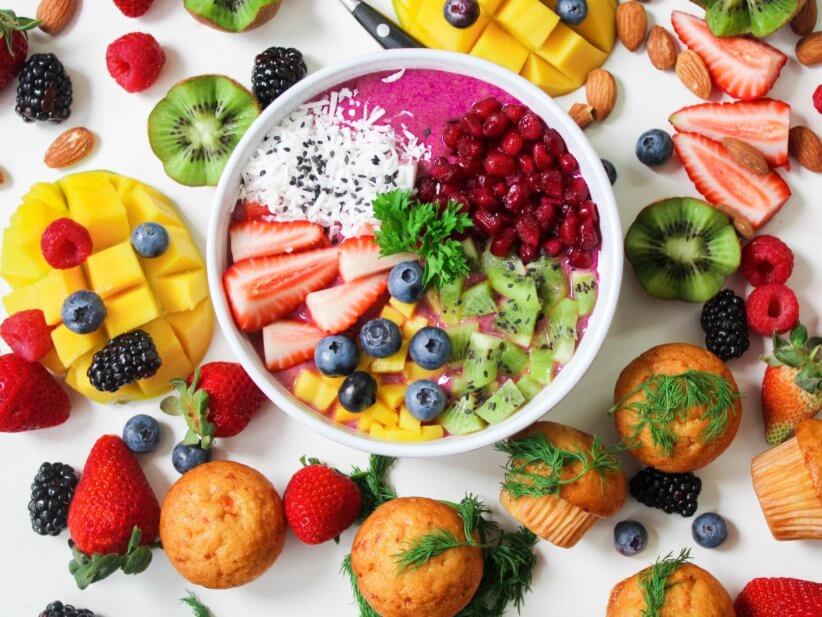It’s important for Jamie Steckler to serve her growing family a natural diet.
“Eating naturally means eating more fresh, whole foods, and fewer processed foods and artificial ingredients. It means paying more attention to what our foods are made with,” she says.
It’s a hot marketing tool. According to research by the International Food Information Council Foundation, 36 percent of consumers buy food and beverages because they are advertised as “natural” on the label.
‘Naturally’ vague
Some people say the term “natural” has been so overused and misused it has lost its meaning. Is frozen pizza “natural?” And how natural can hot dogs, iced tea, ice cream, salad dressing, or snack chips be?
Unlike “organic” foods, which must adhere to a strict set of rules, the Food and Drug Administration has yet to define the term “natural” on food labels. A vague informal policy written more than 20 years ago defined it to mean “nothing artificial or synthetic … is included in, or has been added to, the product that would not normally be expected to be there.”
In contrast, the U.S. Drug Administration, which regulates milk and meat, has defined it. Fresh meat or poultry labeled “natural” cannot contain artificial flavorings, colors, chemical preservatives, or artificial or synthetic ingredients. It can only be “minimally processed,” although flavor injections are allowed.
What may be surprising is this: Products containing genetically modified organism ingredients may be labeled as “natural.” For example, some natural breakfast cereals contain genetically modified corn, soy, canola, or sugar beets. Keep in mind that there is no actual evidence genetically modified organism ingredients pose a health risk, although it remains controversial among consumer groups and scientists alike.
A bill proposing sweeping changes to food labeling laws covering “natural” claims and more was introduced in September. It says manufacturers should not describe as “natural” products that contain artificial ingredients.
This includes flavors and colors or ingredients that have undergone chemical changes. Examples given are corn syrup, chemically modified starch, and cocoa processed with alkali. Legal experts say the bill stands little chance of success, however.
Until the FDA acts
“Start making one change at a time, not a complete food overhaul. Trade up your current foods for better choices,” advises Steckler, who is also a Chicago-based registered dietitian nutritionist specializing in families and pediatrics.
Ignore most front-of-pack claims and look at the ingredients instead.
“If you are looking to cut out processed foods, start by reading the ingredient label. If you see capital letters, colors, or numbers listed, skip it,” she says.
Christine Palumbo is a Chicago-area registered dietitian nutritionist who is a new Fellow of the American Academy of Nutrition and Dietetics. Follow her on Twitter @PalumboRD, Facebook at Christine Palumbo Nutrition, or [email protected].
Winter Eggnog
Here’s a lightened-up festive drink to enjoy with your children.
Makes four servings (2/3 cup each)
INGREDIENTS:
1-1/3 cups low fat milk
½ cup fat-free liquid egg substitute
2 tbsp sweetened condensed milk
2 ice cubes
1 tsp vanilla extract
Optional: ¼ cup brandy or rum for adults only
DIRECTIONS: Place all the ingredients in a blender. Cover and blend until frothy. (Or place into a large bowl and use a stick blender.) Pour into glasses and sprinkle each with a little freshly ground nutmeg.
NUTRITION INFORMATION: 90 calories (120 with brandy), 11 grams carbohydrates, 7 grams protein, 1.5 grams fat (1 gram sat fat), 5 milligrams cholesterol, 115 milligrams sodium, 260 IU vitamin A, 142 milligrams calcium, 1 milligram iron





















